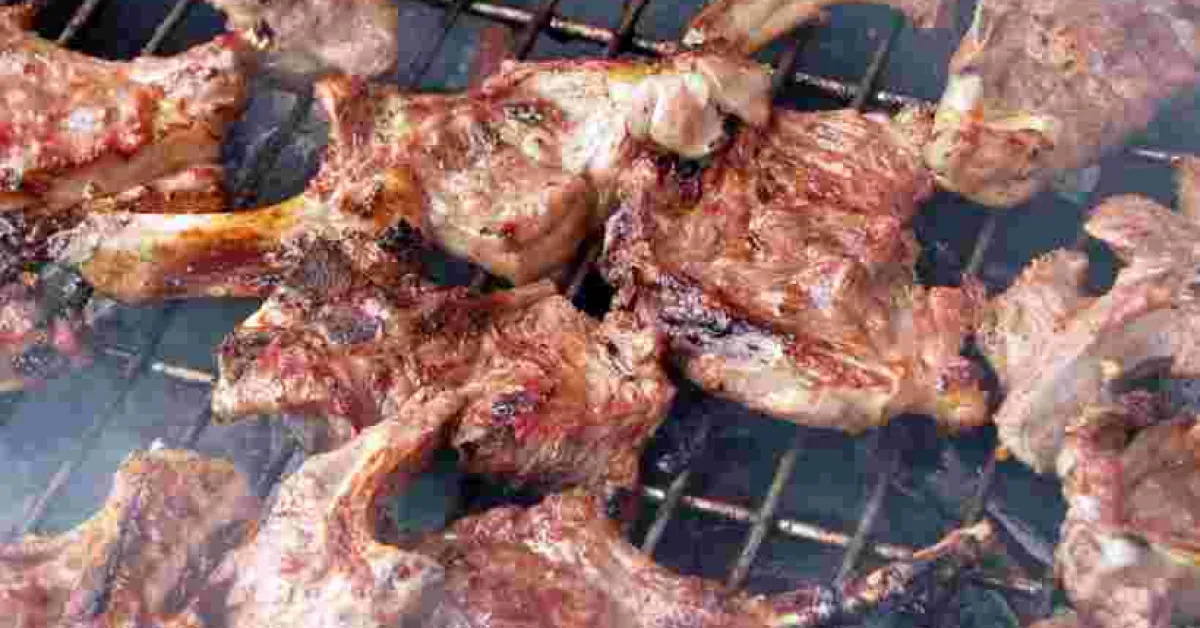Ban on Charcoal Spoiling the Party for Nyama Choma Lovers in Kenya

Kenyan traders have began to feel the pinch following the recent announcement of one month ban on charcoal burning by the government.
Businesses that have been affected most are meat roasting joints in Nairobi and surrounding towns such as Kitengela, which has prompted them to lay-off some employees and increase the prices of roasted meat.
The ban has caused an acute shortage of the valuable commodity, which is the most used cooking fuel in the eateries. Its prices have also doubled. This has forced a number of meat roasting shops in Kitengela, Kiserian and Ongata Rongai towns in Kajiado County to close, while those still operating are contemplating closure due to the high cost of the charcoal.
The economies of the satellite towns are driven by the nyama choma business as thousands of people travel from Nairobi for weekend and holidays eating-out parties.
The roast meat business has also become one of the major ready market for herders in the vast pastoralist area. For instance, there are more than 200 butcheries operating nyama choma business in Kitengela town, and have employed over 100,000 people, directly or indirectly.
Currently, a bag of charcoal is selling at Sh3,500, up from Sh1,700 about a month ago. In the same period, the price of a kilo of choma has increased by at least Sh100, driving away a section of meat lovers.
A kilo of roasted meat is going at Sh800, up from Sh650 a month ago.
“We used to sell 15 goats a day but now we can hardly do three."
“It is hard for us to buy the charcoal at those high prices without passing the extra cost to consumers,” Kitengela’s Arusha Meat Den manager Charles Mutuku said.
Herders have not been spared either as orders for goats and sheep have dropped since the declaration of the ban.
“Goat and sheep meet orders have dropped to an average of two or three a day. Our livestock market is at stake,” said John Kisimil, who supplies meat to several butcheries in Kitengela.














Comments
Nyama Choma businesses need…
Permalink
Nyama Choma businesses need to switch from charcoal to natural gas. Gas is not as polluting as charcoal; trees will be saved. The transition will take some time but eventually they will get there.
Add new comment